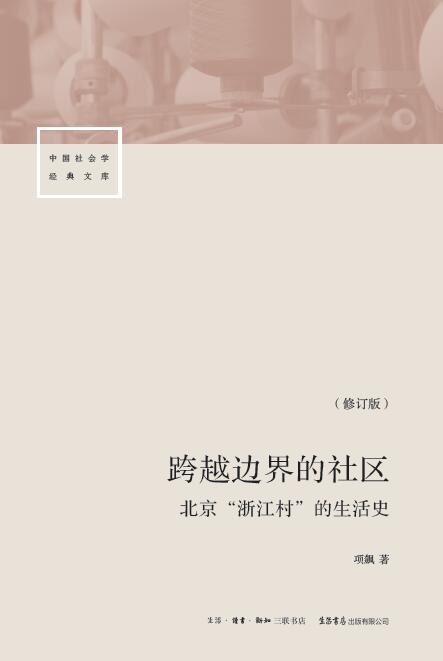
This book sheds new light on state-society relations in contemporary China by demonstrating how rigid official boundaries are in the state system and essential for the state's control over the society. They have paradoxically facilitated the growth of new social spaces. Based on long years of fieldwork, the book takes us to a highly unlikely site in Beijing - Zhejiangcun (literally 'Zhejiang village'), the most significant migrant community in China, located only five kilometers south of Tian'anmen Square, where 100,000 migrants, mainly from Wenzhou, have organized a vibrant garment industry despite regular state crackdowns. It documents the spontaneous evolution of Zhejiangcun into a hub of nationwide migrant business networks transcending officially imposed boundaries. In addition, the book uses Chinese folk insights and philosophical traditions as analytical tools for tackling fluid social relationships unconfined to the physical space.
This new edition adds in a foreword with a retrospect of Zhejiangcun's changes since 2000, with an elaboration of "Regularization" and "Split-seize Model."
